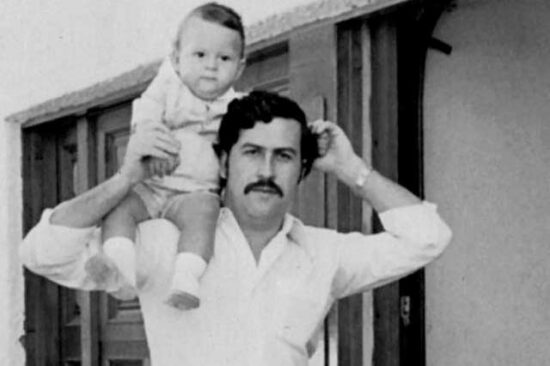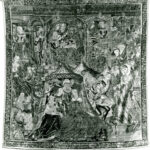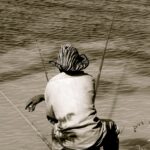Pablo Emilio Escobar Gaviria was a notorious Colombian drug lord and one of the most powerful and wealthiest criminals in history. Born on December 1, 1949, in Rionegro, Colombia, Escobar rose from humble beginnings to become the leader of the Medellín Cartel, a drug trafficking organization that dominated the global cocaine trade during the 1970s and 1980s. His life and criminal activities have become the subject of fascination and speculation, cementing his status as an infamous figure in popular culture.
Escobar’s early life was marked by poverty, but he exhibited a keen business sense from a young age. As a teenager, he engaged in various criminal activities, including selling contraband cigarettes and stealing tombstones for resale. However, his criminal ambitions skyrocketed when he discovered the lucrative potential of cocaine. Alongside his cousin Gustavo Gaviria, he established the Medellín Cartel, which quickly became the dominant force in the cocaine trade.
Escobar’s empire grew rapidly, thanks to his ability to mass-produce and distribute cocaine on an unprecedented scale. He established a vast network of laboratories and smuggling routes, including through Colombia’s dense jungles and across the borders into the United States . The cartel’s operations generated immense wealth, with estimates suggesting that at its peak, Escobar’s net worth surpassed $30 billion.
The drug lord used his fortune to amass immense political and social influence within Colombia. He employed a combination of bribery and violence to manipulate the government, the judiciary, and law enforcement agencies. This power allowed him to evade capture for years, despite efforts by the Colombian government and international law enforcement agencies to bring him to justice.
However, Escobar’s reign of terror was marked by extreme violence. He was responsible for ordering the deaths of thousands of people, including law enforcement officials, rival cartel members, journalists, and innocent civilians caught in the crossfire. Escobar’s ruthless approach to eliminating anyone who threatened his empire earned him the reputation of a brutal and merciless criminal.
The extent of Escobar’s criminal activities reached its peak in the 1980s, as the Medellín Cartel controlled approximately 80% of the global cocaine market. This dominance brought Escobar both immense wealth and notoriety. He became a symbol of the excesses and dangers of the drug trade, and his name became synonymous with violence and corruption.
As pressure mounted on the Colombian government to capture Escobar, a manhunt of unprecedented scale was launched. In 1991, Escobar surrendered to the authorities on the condition that he would be allowed to build his own prison, known as La Catedral . However, he continued to run his criminal empire from within the prison walls, prompting the government to take action. In 1992, Escobar escaped La Catedral and went into hiding.
A massive manhunt ensued, with the Colombian government cooperating closely with the United States’ Drug Enforcement Administration (DEA) to track down and apprehend Escobar. On December 2, 1993, after more than a year on the run, Escobar was finally cornered by Colombian authorities in a residential neighborhood in Medellín. He was killed in a shootout, bringing an end to his reign as the world’s most powerful drug lord.
Pablo Escobar’s life and criminal career continue to captivate the public’s imagination. His story has been depicted in numerous books, documentaries, and films, contributing to the mythos surrounding the man dubbed “The King of Cocaine.” Escobar’s legacy serves as a chilling reminder of the destructive power of the drug trade and the lengths to which some individuals will go to amass wealth and power.
Sources:
[1] Biography.com. “Pablo Escobar.” Retrieved from https://www.biography.com/crime-figure/pablo-escobar.
[2] Forbes. “Pablo Escobar.” Retrieved from Watching Netflix’s Narcos? Here’s Pablo Escobar In Forbes’ First-Ever Billionaire Issue In 1987
[4] The Washington Post. “Pablo Escobar.” Retrieved from https://www.washingtonpost.com/pablo-escobar.
[5] History.com. “Pablo Escobar.” Retrieved from https://www.history.com/pablo-escobar.
[6] BBC. “Pablo Escobar.” Retrieved from https://www.bbc.com/pablo-escobar.
[8] Los Angeles Times. “Pablo Escobar.” Retrieved from https://www.latimes.com/pablo-escobar.







